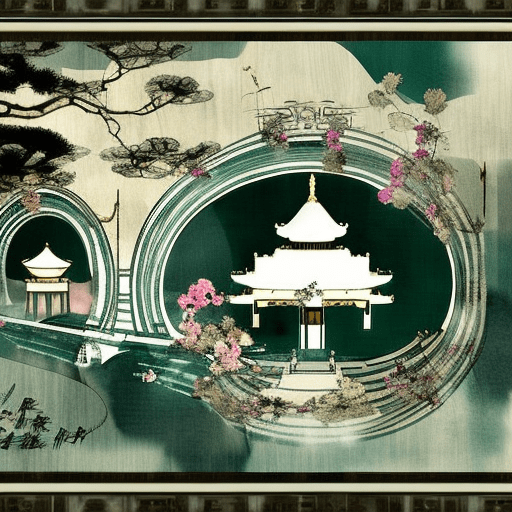One-line Summary:
Augustus is a historical fiction novel that chronicles the life of the first Roman Emperor, Augustus, and his rise to power in ancient Rome.
The Rise of a Young Leader
Set in ancient Rome, Augustus tells the captivating story of Octavian, who later becomes known as Augustus, the first Emperor of Rome. The novel begins with Octavian as a young boy, witnessing the assassination of his great-uncle, Julius Caesar. From that moment on, Octavian is determined to avenge his uncle’s death and claim his rightful place as the leader of Rome.
Under the guidance of his trusted advisor, Maecenas, Octavian navigates the treacherous world of Roman politics, forming alliances and outmaneuvering his enemies. He forms a triumvirate with Mark Antony and Lepidus, but their alliance is short-lived as Octavian ultimately emerges as the sole ruler of Rome.
The Transformation of Rome
As Augustus consolidates his power, he embarks on a mission to transform Rome into a prosperous and stable empire. He implements various reforms, including the establishment of a professional army, the reorganization of the Roman provinces, and the promotion of arts and literature.
Augustus also introduces a system of government that balances the powers of the Senate and the Emperor, ensuring stability and preventing the concentration of power in one individual. This system, known as the Principate, lays the foundation for the Roman Empire’s long-lasting success.
The Personal Struggles of Augustus
While Augustus is revered as a great leader, the novel also delves into his personal struggles and sacrifices. He faces the challenge of maintaining his public image while dealing with the complexities of his personal life. Augustus is torn between his duty to the state and his desire for a peaceful family life.
He experiences heartbreak as his daughter, Julia, is exiled for her scandalous behavior, and his beloved wife, Livia, manipulates those around her to secure her son Tiberius as Augustus’s successor. Despite these challenges, Augustus remains steadfast in his commitment to Rome and its people.
Key Takeaways:
- Augustus’s rise to power and transformation of Rome shaped the course of Western civilization.
- The balance between personal desires and duty to the state is a recurring theme in Augustus’s life.
- The establishment of the Principate system ensured stability and laid the foundation for the Roman Empire.
“I found Rome a city of bricks and left it a city of marble.” – Augustus
In conclusion, Augustus is a captivating historical fiction novel that brings to life the remarkable journey of the first Roman Emperor. From his humble beginnings to his transformation of Rome, Augustus’s story is one of ambition, sacrifice, and the enduring legacy of an empire. Through the lens of this compelling narrative, readers gain insights into the complexities of leadership, the challenges of balancing personal and public life, and the profound impact one individual can have on the course of history.












